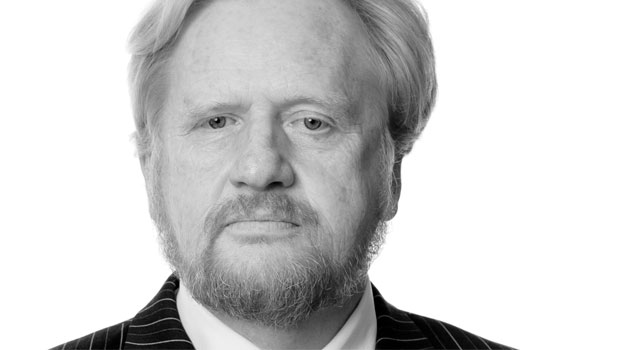
A national intellectual property (IP) policy for South Africa, published this past week in draft form (read it below), outlines an approach to copyright, software and the Internet that is simultaneously sweeping and vague and, according to a legal expert, is going to encounter fierce resistance.
The draft policy, which was signed off by trade & industry minister Rob Davies last week, makes recommendations on the treatment of copyright. It suggests that in order to enhance access to copyrighted materials and “achieve developmental goals for education and knowledge transfer”, South Africa should adopt “pro-competitive measures under copyright legislation”.
“The legislation must provide the maintenance and adoption of broad exemptions for educational, research and library uses,” it reads. Just how broad these exemptions should be, however, is unclear.
The draft policy document says South African should not necessarily align itself to international copyright treaties that may “compromise its stance on social and economic development goals”.
It encourages government to look at open-source software wherever possible because of its low cost. It goes further, however, and proposes that South Africa should allow software to be “adapted to local needs through copyright legislation that allows reverse engineering of computer software programs consistent with its international treaty obligations”.
In addition, Internet users must be granted “fair-use rights such as making and distributing copies from electronic sources in reasonable numbers for educational and research purposes and using reasonable excerpts in commentary and criticism”.
Brian Wimpey, head of IP at Norton Rose Fulbright South Africa, says the draft policy document is vague and that until concrete amendments are put forward, it’s difficult to tell how much the existing act will be altered by it.
The section on “fair use” also lacks clarity, but South Africa’s policy has traditionally been far more restrictive than that of the US, for example.
Wimpey says South Africa has “very specific exemptions to copyright infringement” and although the draft may suggest legislation is moving this way for digital assets, too, “it’s impossible to tell at this stage”.
“In some cases, it’s almost contradictory,” Wimpey adds.
Another area of potential concern is the document’s assertion that the country “should per se not join international copyright treaties that may compromise its stance on social and economic developmental goals”. According to Wimpey, this recommendation is “so vague as to be meaningless”.
He says some international treaties, like the Berne Convention, to which South Africa is “thankfully” a member, allow owners to enforce copyright “in the US or outer Mongolia if they want to”.
One reading of the document makes it seem government may simply be trying to save money on software. Wimpey says one can debate the issue of whether companies like Microsoft charge too much for their content, “but it’s not as if government doesn’t have the money”.
Interested parties have until 4 October to submit written comments on the draft policy document. — (c) 2013 NewsCentral Media
[gview file=”https://techcentral.co.za/wp-content/uploads/2013/09/Draft-National-IP-Policy-2013.pdf”]

